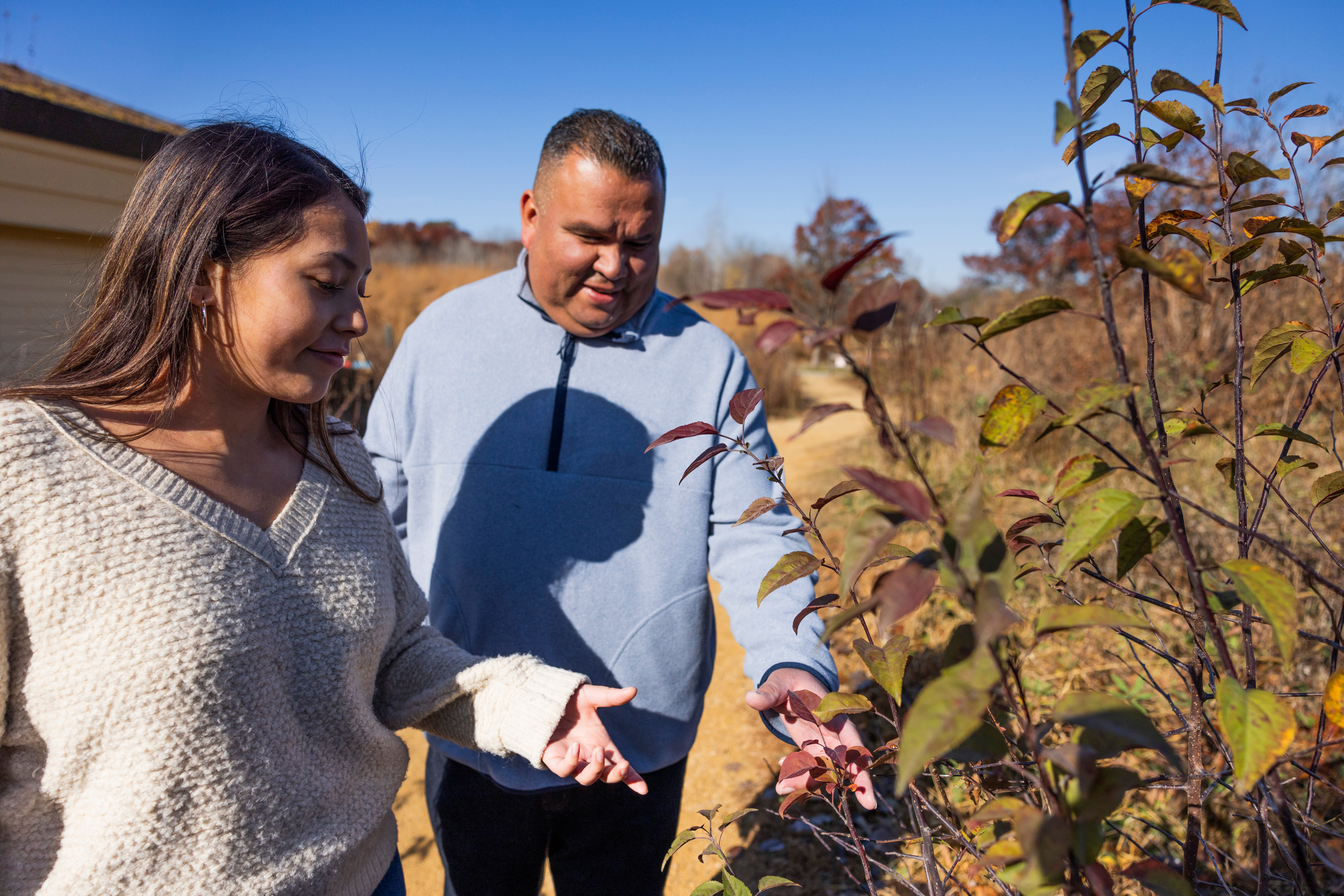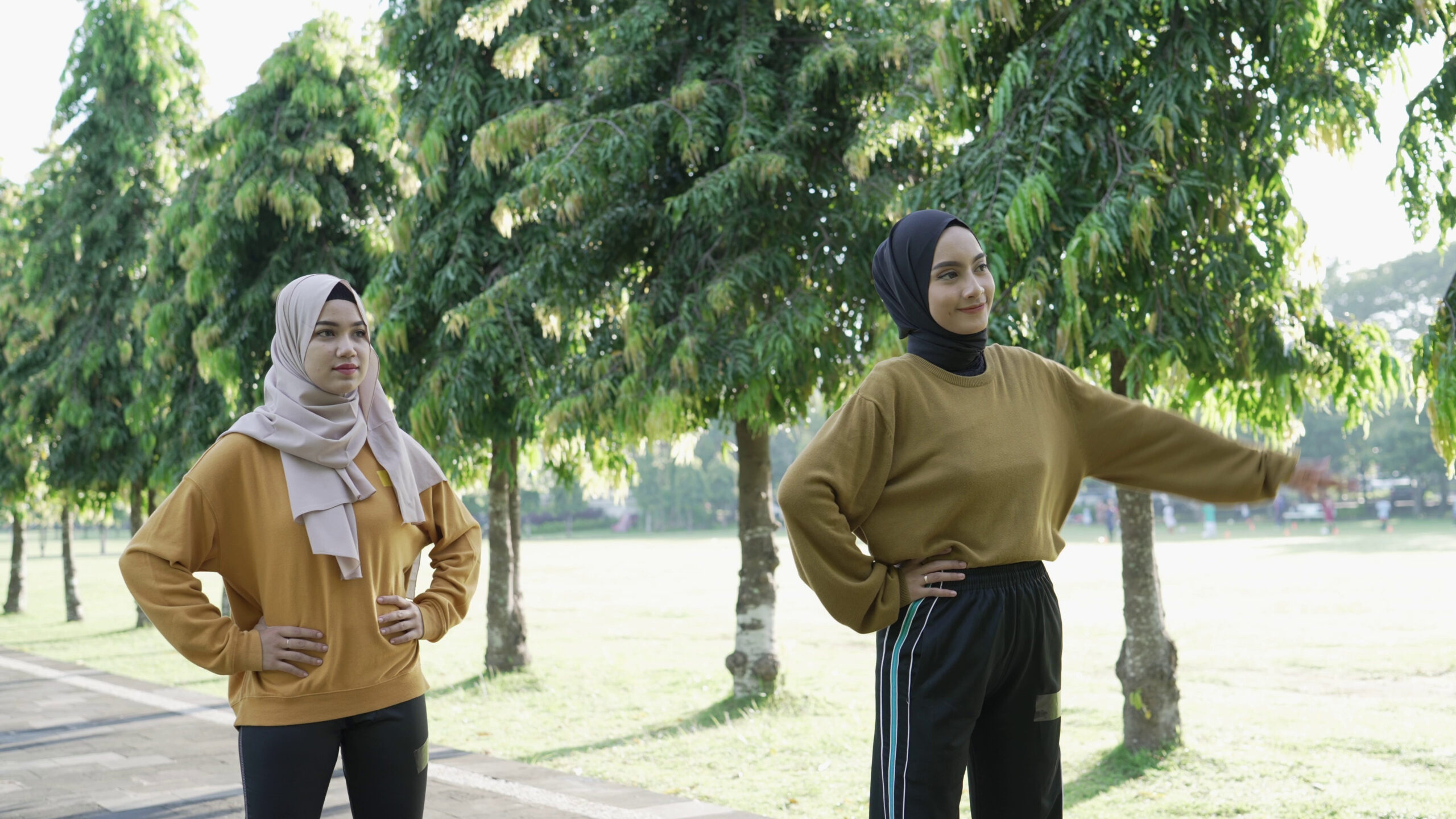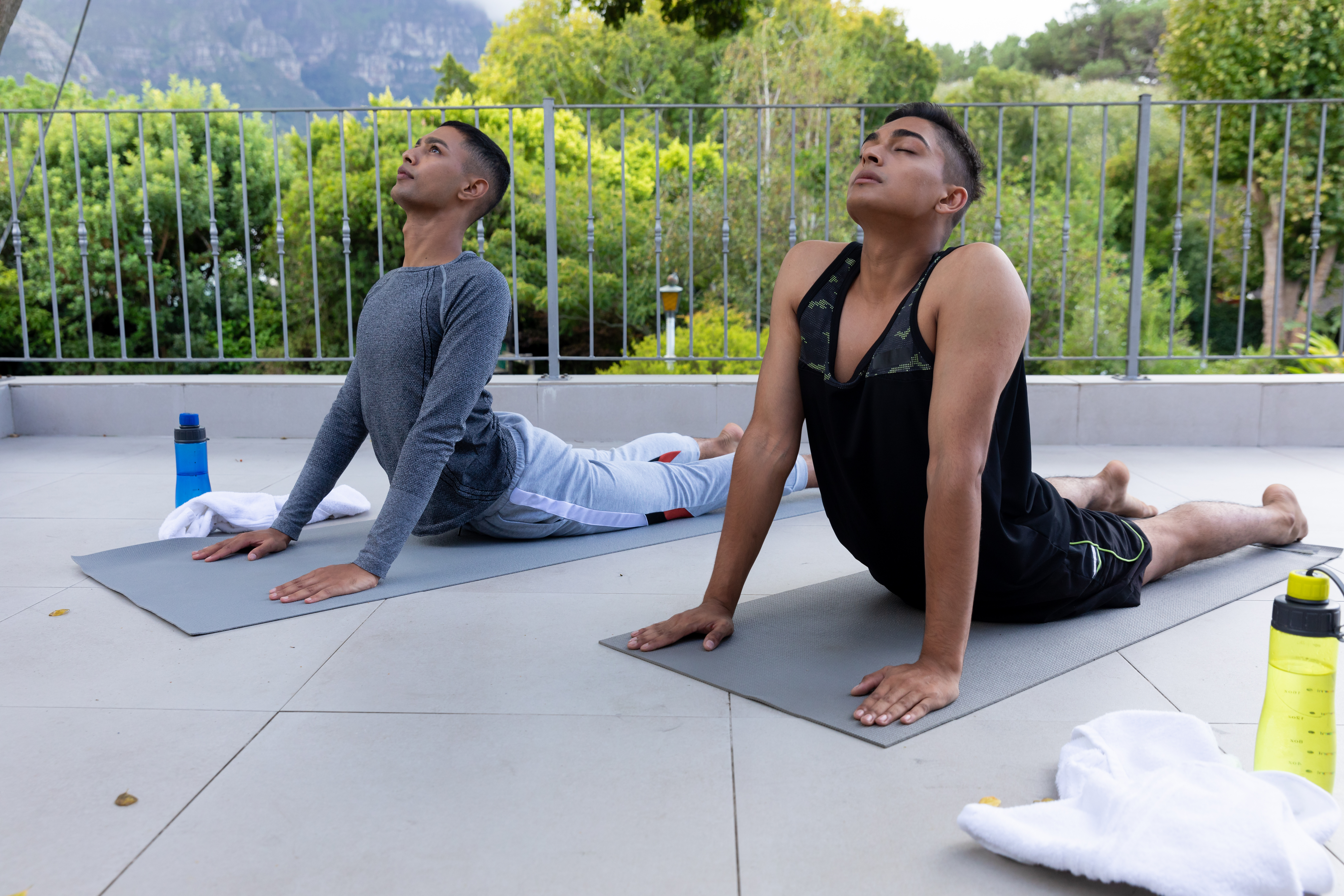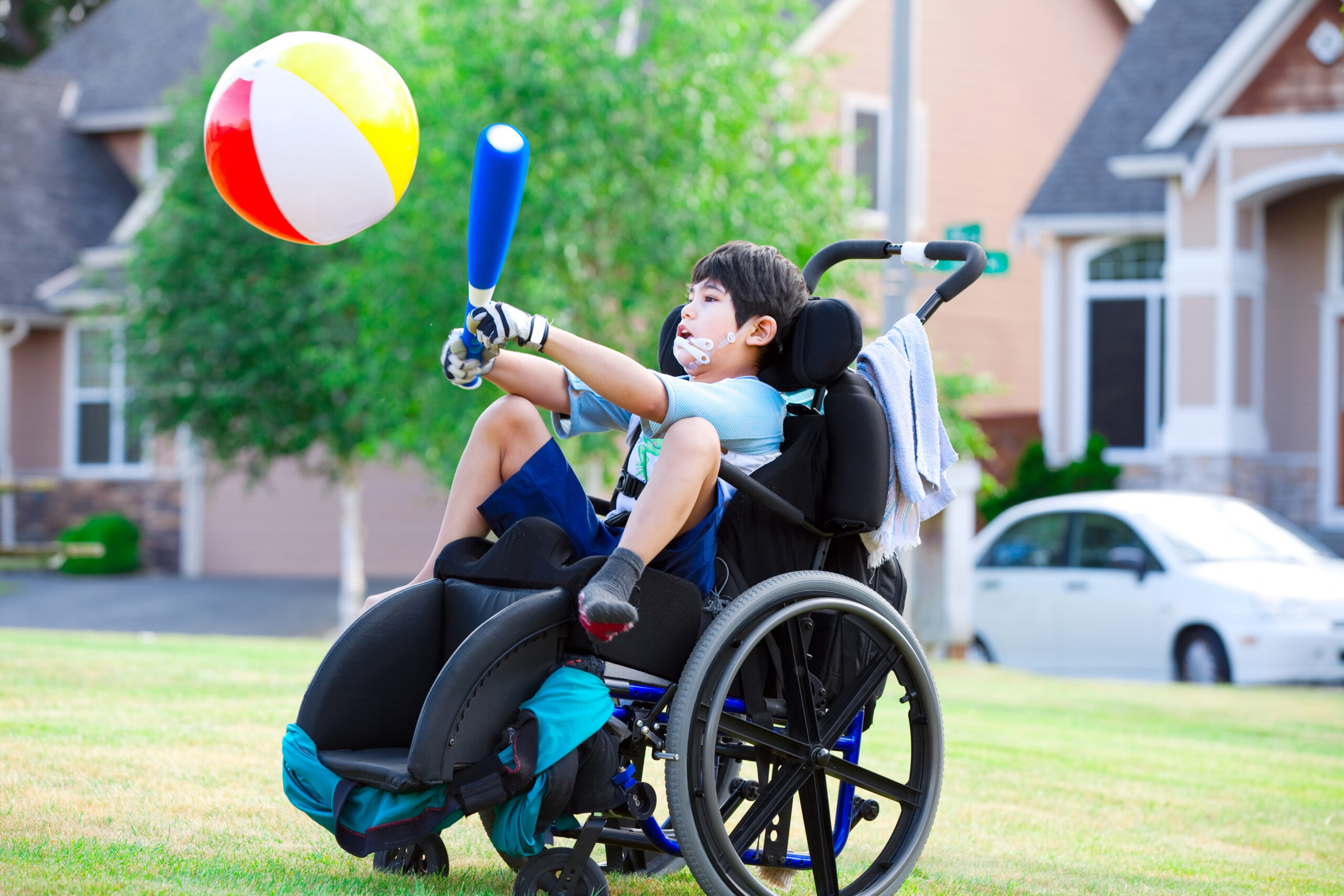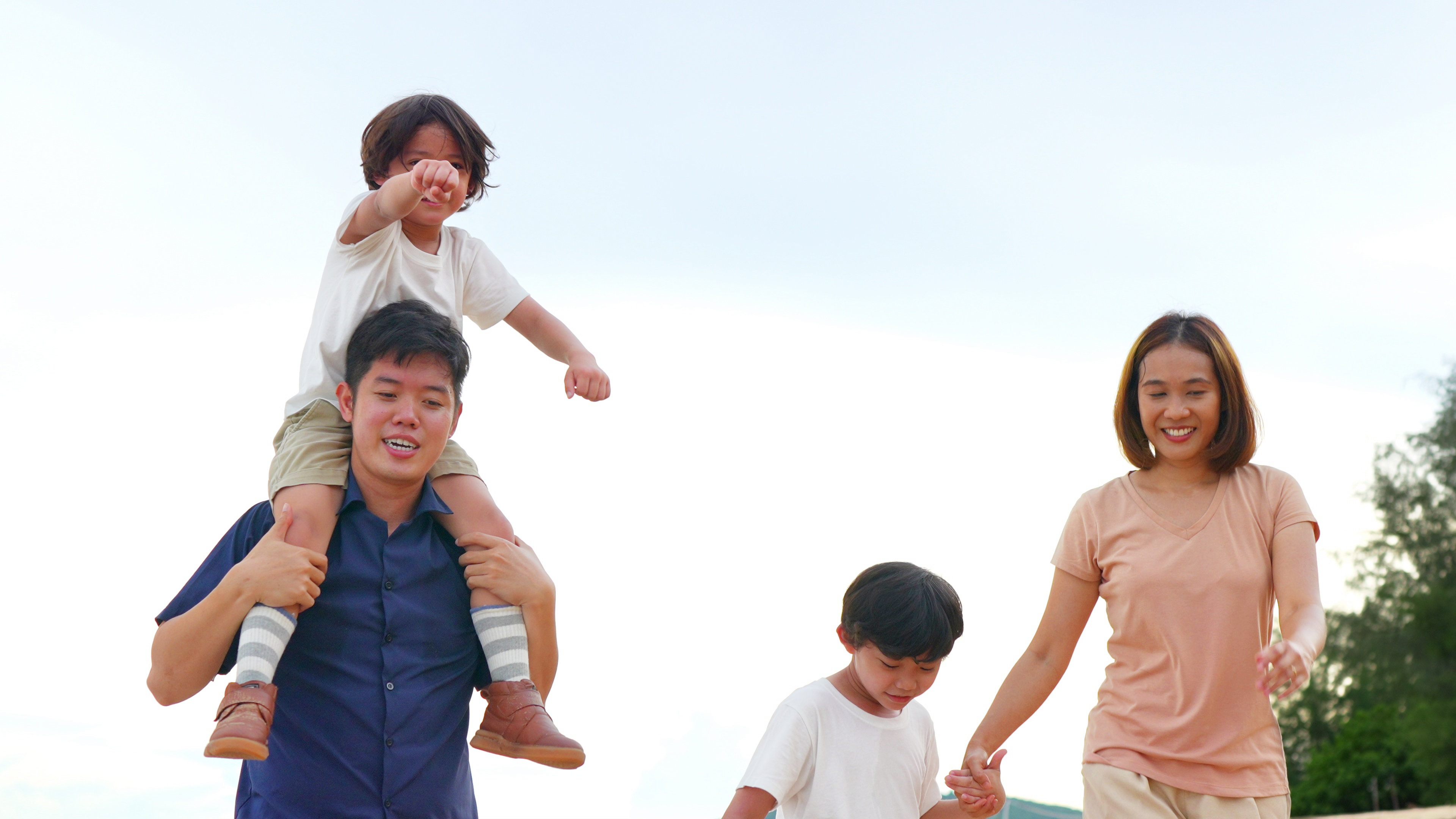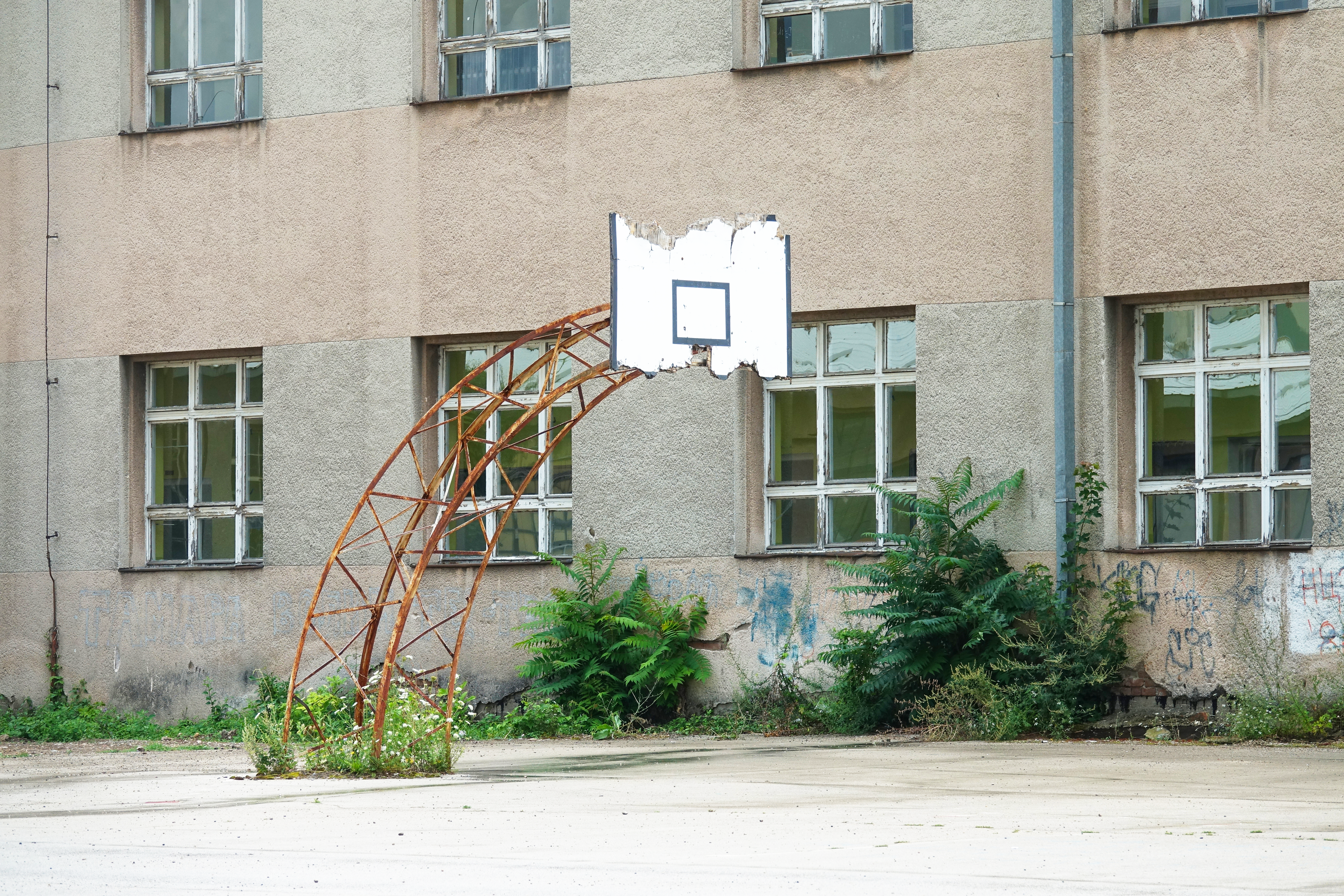Growing evidence shows that equity-deserving families in BC – Indigenous, rural and remote, low-income, newcomer and refugee families, families with 2SLGBTQIA+ youth, and families of children with disabilities – face unique challenges to physical activity. These challenges require targeted, community-informed solutions. To understand and address these challenges, the Physical Activity for Health Collaborative created the Families Getting Active project to hear directly from communities about what they need to be active.
Stewarded by the BC Alliance for Healthy Living, the Physical Activity for Health Collaborative (the Collaborative) brings together leaders from across sectors (academic, health, sport, and recreation) to improve physical activity outcomes across the province. The Collaborative recognizes that despite the well-documented benefits of physical activity – from reducing chronic disease risk to enhancing mental health – inequities in access and participation persist, particularly among equity-deserving groups. The Collaborative is committed to ensuring everyone can participate, and all children can play.
For this project, we brought together focus groups of parents and youth, and worked with several organizations: the Centre for Family Equity, Indigenous Sport, Physical Activity & Recreation Council (I·SPARC), Canucks Autism Network, Mosaic Family Centre, YMCA BC, McCreary Centre Society, Sunny Hill Centre, Q-Munity, and Re-imagyn BC. Conversations within these focus groups showed that families value physical activity and want to be active – they just need some support and accommodation.
Every recommendation in this report reflects the voices, experiences, and wisdom shared from equity-deserving families across BC. Because many participants hold multiple, intersecting identities, some recommendations reflect opportunities for action that can benefit multiple equity-deserving communities.
We all need to work together with diverse communities so that we can make the changes that will enable everyone to be active and healthy.
Read the full report here.
The Recommendations
Every recommendation reflects the voices, experiences, and wisdom shared by the participants from the engagement sessions. The recommendations provided are a direct reflection of the ideas participants shared.
Indigenous Families
Physical activity programs create opportunities for Indigenous families to connect with culture and land in ways that are meaningful for them. Recommendations in this section highlight ways organizations and leaders can support meaningful physical activity in their communities.
Learn more
Newcomer and Refugee Families
Newcomer and refugee families are keen to participate in recreation, especially because it helps them connect to the community. Their recommendations show how organizations and leaders can ensure physical activity programs are accessible to them.
Learn more
2SLGBTQIA+ Youth
Physical activity offers mental health benefits such as boosting self-esteem and mood, but sport & recreation spaces can be intimidating for queer youth. Their recommendations highlight how organizations and leaders can ensure programs are inclusive for youth, regardless of background or identity.
Learn more
Families of Children with Disabilities
Physical activity programs help families of children with disabilities find community – but costs, registration and supports are challenging to navigate. These recommendations show ways to support families on their active living journey.
Learn more
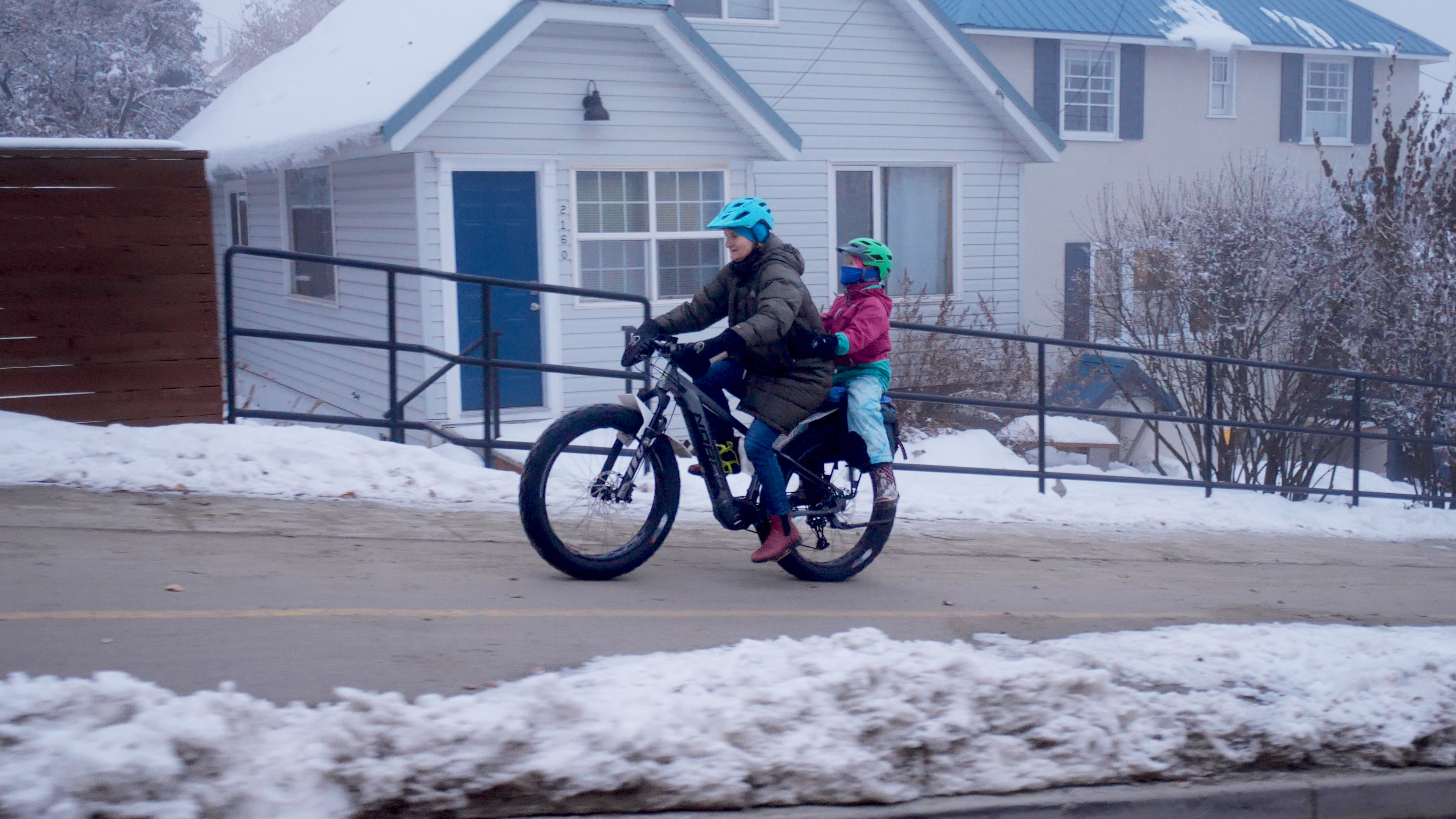
Rural and Remote Youth and Families
Youth in rural and remote locations said that they would like to be active, but they have trouble finding safe, accessible, inclusive and affordable programs and places to move. Their recommendations highlight how to address intersecting challenges such as missing infrastructure, lack of programming and equipment, and costs.
Learn more
Families Impacted by Low Income
One way to ensure recreation is accessible to families of all backgrounds is to make sure there are programs that allow the whole family to participate. These recommendations show how organizations and leaders can support families impacted by low income.
Learn more
Environmental Recommendations
Well-lit and clean parks, recreation centres, and well-maintained streets encourage communities to be active. Recommendations from BC families highlight how physical spaces can support their active living journey.
Learn more
